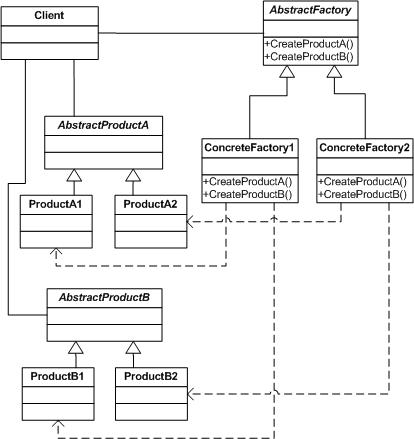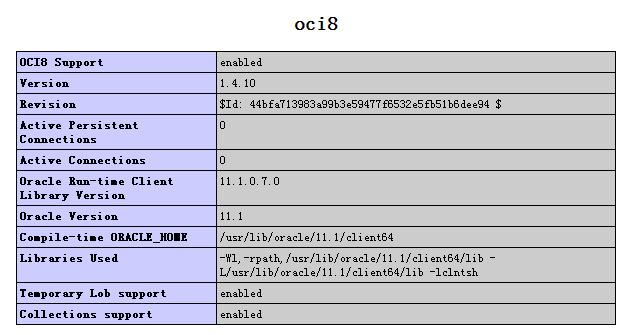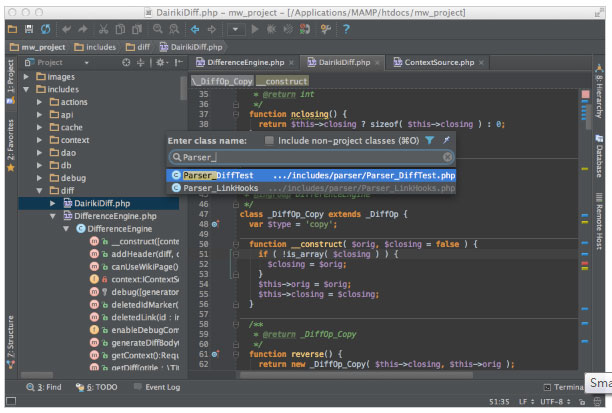|
|
int feof(string resource)
實例如下:
復制代碼 代碼如下:
<?php
$fh = fopen("/home/www/data/users.txt", "rt");
while (!feof($fh)) echo fgets($fh);
fclose($fh);
?>
bool feof ( resource $handle ):Tests for end-of-file on a file pointer
這個php manual上面的原話。
為了方便,我以前都是這樣使用的
復制代碼 代碼如下:
<?php
// if file can not be read or doesn't exist fopen function returns FALSE
$file = @fopen("no_such_file", "r");
// FALSE from fopen will issue warning and result in infinite loop here
while (!feof($file)) {
}
fclose($file);
?>
確實,這樣使用比較簡單。但是,如果上面的變量$file不是一個合法的file pointer 或者已經被fclose關閉了的話。
那么在程序的第六行出,就會產生一個waring,并發生死循環。
為什么?
原因就是
Returns TRUE if the file pointer is at EOF or an error occurs (including socket timeout); otherwise returns FALSE.
所以,為了安全起見,最好在使用上面代碼的時候 加個判斷,is_resource 還是比較安全的。
php技術:php feof用來識別文件末尾字符的方法,轉載需保留來源!
鄭重聲明:本文版權歸原作者所有,轉載文章僅為傳播更多信息之目的,如作者信息標記有誤,請第一時間聯系我們修改或刪除,多謝。



